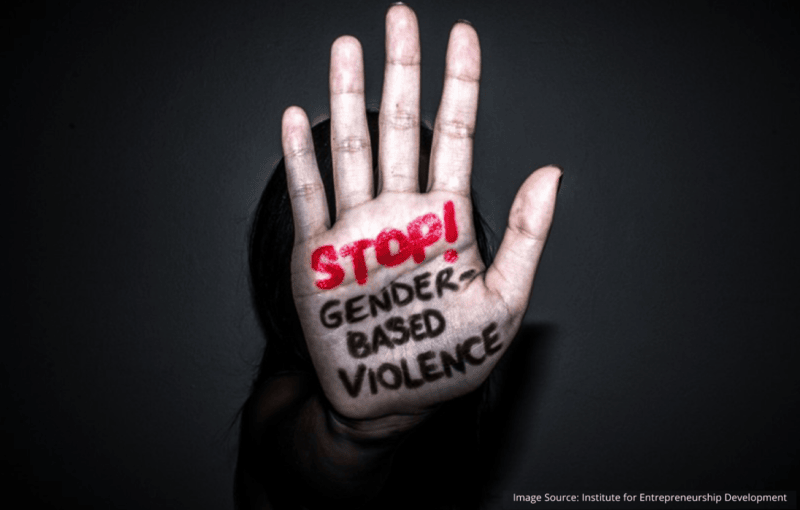Survivors of sexual and gender-based violence (SGBV) could soon receive mandatory compensation from their abusers if a new Bill sponsored by the Kenya Women Senators’ Association (KEWOSA) is passed into law.
The proposed legislation introduces stricter penalties that combine jail terms with financial restitution to ensure justice and recovery for victims.
The Bill outlines a “dual punishment” framework aimed at holding perpetrators accountable through both imprisonment and compensation. It focuses on closing legal gaps that have allowed offenders—especially those responsible for defilement and impregnating underage girls—to evade justice.
To achieve this, the draft law seeks to amend several existing statutes, including the Sexual Offences Act (2006), the Children Act (2022), the Basic Education Act (2013), the Marriage Act (2014), and the Counter-Trafficking in Persons Act (2010).
These amendments are intended to create a stronger legal foundation for prosecuting SGBV cases and ensuring victims receive proper redress.
KEWOSA Vice Chairperson and nominated Senator Hezena Lemaletian said the Bill seeks to make restitution a key part of punishment for offenders.
“Victims of these heinous crimes must receive not only justice but also adequate support and compensation,” she said. “This Bill proposes a compensation and reparation framework that will require offenders to make restitution to their victims.”
The proposed law also pushes for improvements in evidence collection and preservation through the use of modern forensic methods. It recommends video link testimony and recorded evidence to prevent intimidation of victims and witnesses during trials.
Beyond punishment, the Bill highlights the need for survivor support systems, calling for the creation of safe shelters and rehabilitation centres—especially for victims abused by family members. It urges the government to fund these safe spaces and collaborate with neighbouring countries to repatriate offenders who flee across borders.
It further seeks to outlaw informal dispute mechanisms—commonly known as “kangaroo courts”—in SGBV and teenage pregnancy cases, insisting that such matters be resolved through formal courts to ensure accountability and justice.
KEWOSA’s move follows a recent Senate visit to Busia County, which revealed distressing statistics on teenage pregnancies and rising cases of gender-based violence. KEWOSA Chairperson and nominated Senator Veronica Maina said the findings were deeply concerning, citing data from the National Syndemic Diseases Control Council showing 65,540 teenage pregnancies in Busia between 2016 and 2024.
“Teenage pregnancies remain one of the biggest barriers to girls’ education and empowerment. It denies young girls the opportunity to complete their basic education and achieve economic independence,” said Maina.
In 2024, Busia alone registered 4,542 teenage pregnancies, with Samia Sub-County recording the highest numbers nationwide. Countrywide, 47,632 cases were reported over the same period.
The senators noted that early pregnancies put young mothers at risk of severe health complications, including maternal deaths, HIV/AIDS, and other infections. They added that the social consequences, such as dropping out of school, low self-esteem, and cycles of poverty—are equally devastating.
Data presented by KEWOSA shows that between 2016 and 2024, Busia County recorded 2,884 SGBV cases among adolescents, a steep rise from just 66 cases in 2016 to 480 in 2024. During the same period, 171 girls were reported to have become pregnant through defilement.
With national SGBV cases reaching 47,632 last year, legislators say the proposed law is a necessary step to protect women and girls and ensure perpetrators face both legal and financial consequences for their actions.
